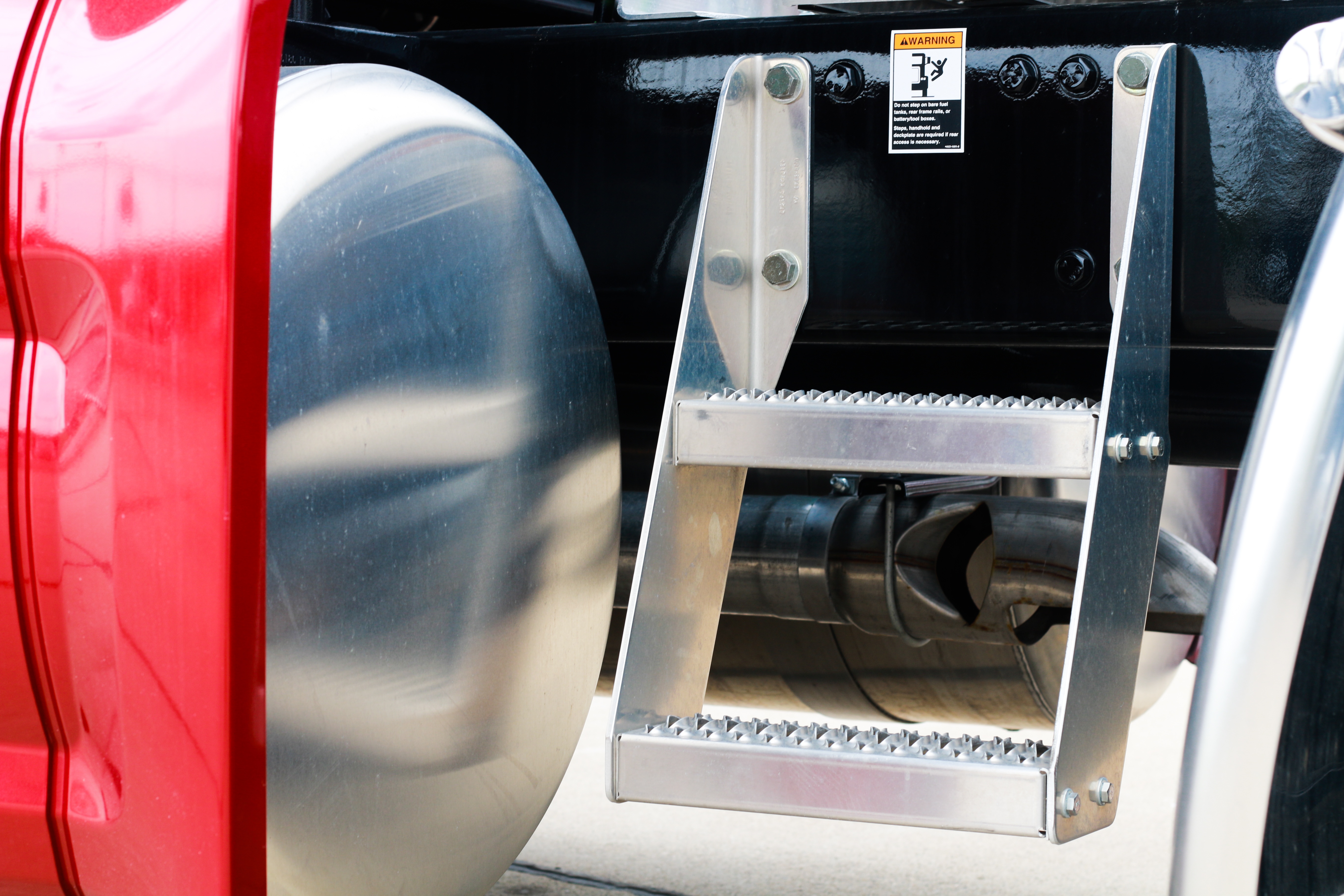
One mistake any person in a leadership role can make is to ignore or fail to realize the value each department brings to the organization. This can be especially true in siloed organizations where barriers exist that limit the effectiveness of communication between co-workers and departments. Barriers can be physical, cultural, or personal in nature. A physical barrier refers to being geographically separated, either across the country or even in the same building. Cultural barriers can include misunderstandings due to language or customs that may create communication breakdowns. However, this article speaks to company cultures that create barriers. As mentioned earlier, siloed organizations impede interdepartmental communication, whether intentionally or not. Finally, personal barriers involve individual attitudes and biases. A person may be reluctant to receive feedback or input from others for personal reasons. Whatever the case may be, a motor carrier’s leadership team cannot afford to make mission-critical decisions without input from every affected department.
Whoever manages your safety and regulatory compliance efforts should have a seat at the table in every operational meeting involving department heads. Because transportation is a highly regulated, high-risk industry, who better to help department heads achieve their organizational objectives than safety? Preventing losses and managing risks should be top of mind in every business decision. If a motor carrier cannot operate safely, it is losing money. If it is losing money, the company cannot compete; and if the company cannot compete, it cannot survive. So, regardless of fleet size and organizational structure, senior management should view safety as one of the most important keys to the company’s long-term success.
Here are two examples that show how safety can contribute to the discussion of trucking-related issues that motor carriers face on a daily basis.
DRIVER SHORTAGE/RETENTION
Screening and selecting drivers require due diligence. Making a bad hiring decision can cost a motor carrier in terms of the dollars associated with crashes/ injuries, repairs, hiring a replacement driver, and training that person. Involving your safety team in discussions pertaining to the company’s hiring and retention standards and road tests can help identify an applicant’s performance or knowledge gaps that could lead to problems down the road if the applicant were hired.
NEW BUSINESS
Before bringing on new business, consider having someone from your safety department analyze the risk first. There could be hazards present that need to be addressed up front. For instance, what if the truck has to be backed into the facility, requiring a spotter or traffic control? How good is the location’s physical security? Is the driver expected to manually handle freight?
CALL TO ACTION
• Include a safety representative in management-level operations meetings.
• Develop a new business checklist that includes a hazard analysis by safety.
• Conduct road tests on all drivers.
• Partner with safety to develop the company’s hiring and retention standards for drivers.
The information in this article is provided as a courtesy of Great West Casualty Company and is part of the Value-Driven® Company program. Value-Driven Company was created to help educate and inform insureds so they can make better decisions, build a culture that values safety, and manage risk more effectively. To see what additional resources Great West Casualty Company can provide for its insureds, please contact your safety representative, or click below to find an agent.
© Great West Casualty Company 2021. The material in this publication is the property of Great West Casualty Company unless otherwise noted and may not be reproduced without its written consent by any person other than a current insured of Great West Casualty Company for business purposes. Insured should attribute use as follows: “© Great West Casualty Company 2020. Used with permission by Great West Casualty Company.”
This material is intended to be a broad overview of the subject matter and is provided for informational purposes only. Great West Casualty Company does not provide legal advice to its insureds, nor does it advise insureds on employment-related issues. Therefore, the subject matter is not intended to serve as legal or employment advice for any issue(s) that may arise in the operations of its insureds. Legal advice should always be sought from the insured’s legal counsel. Great West Casualty Company shall have neither liability nor responsibility to any person or entity with respect to any loss, action, or inaction alleged to be caused directly or indirectly as a result of the information contained herein.




